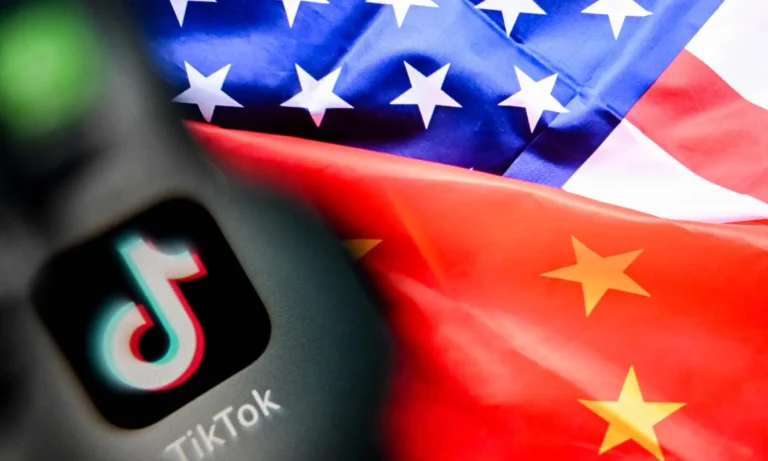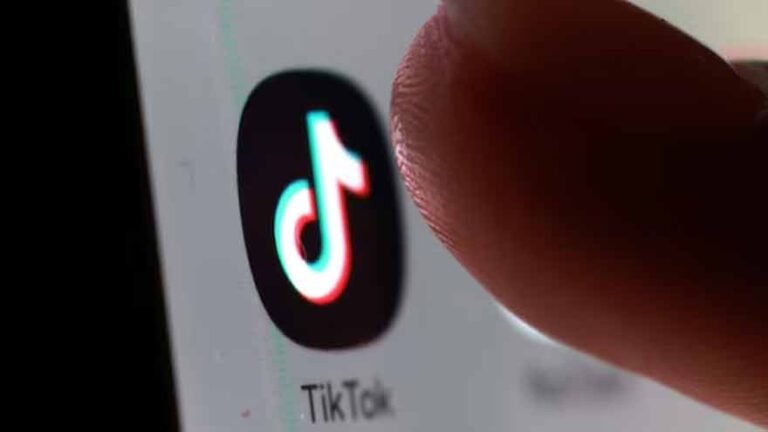
The Universe |Social media giant Meta has announced a controversial shift in its moderation strategy, abandoning third-party fact-checkers on Facebook and Instagram in the United States. The company will now rely on a user-driven moderation system inspired by Elon Musk’s “Community Notes” feature on X (formerly Twitter).
The decision, unveiled just ahead of President-elect Donald Trump’s inauguration, has drawn sharp criticism from advocacy groups and safety organizations.
Zuckerberg Defends Free Expression
In a video statement, Meta CEO Mark Zuckerberg framed the change as a return to the platform’s foundational principles of free speech. He cited concerns over “political bias” in fact-checking partnerships.
“It’s time to get back to our roots around free expression,” Zuckerberg said, adding that the new system would initially be implemented in the U.S. while partnerships with fact-checkers in the UK and EU would remain intact.
Backlash Over Potential Risks
Advocacy groups have expressed alarm, warning that the new approach could fuel the spread of misinformation and hate speech. Ava Lee of Global Witness accused Meta of pandering to the incoming Trump administration.
“Zuckerberg’s announcement is a blatant attempt to cozy up to the incoming Trump administration—with harmful implications,” Lee said.
Fact-checking organizations, including Full Fact, criticized the move as a “backward step” that undermines efforts to combat disinformation. Chris Morris, CEO of Full Fact, highlighted the global ripple effects the decision could have on online safety.
Concerns About Vulnerable Users
Safety advocates like the Molly Rose Foundation have raised additional concerns about the policy’s potential impact on mental health. Ian Russell, the foundation’s chairman, said the changes could make it harder to address content related to suicide and self-harm.
Meta has assured that high-severity content, including threats of self-harm, will remain under automated moderation.
Political Overtones
The timing of Meta’s shift has drawn attention, with some linking it to the company’s evolving relationship with Donald Trump. Zuckerberg reportedly dined with Trump at Mar-a-Lago in November, and Meta recently donated $1 million to the president-elect’s inauguration fund.
Joel Kaplan, Meta’s new head of global affairs, emphasized a need to undo “mission creep” in moderation policies, arguing that past restrictions stifled political discourse on topics like immigration and gender identity.
Observers see the move as reflective of broader shifts in tech industry trends. Kate Klonick, a legal scholar specializing in content governance, described it as a “radical swing” back toward minimal oversight.
As Meta rolls out its new user-driven system, the world watches to see how the platform balances free expression with the risks of misinformation and online harm.







